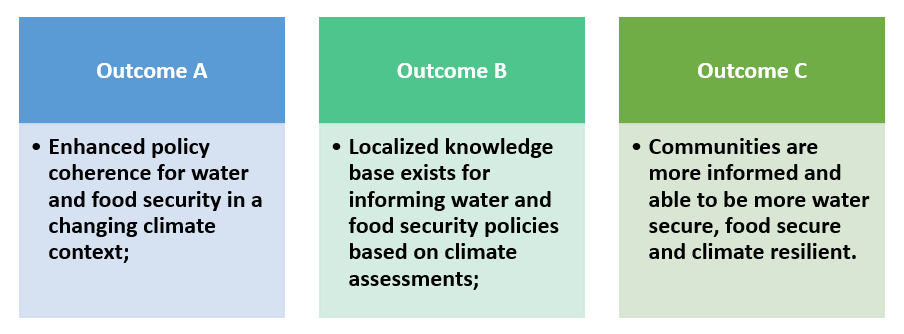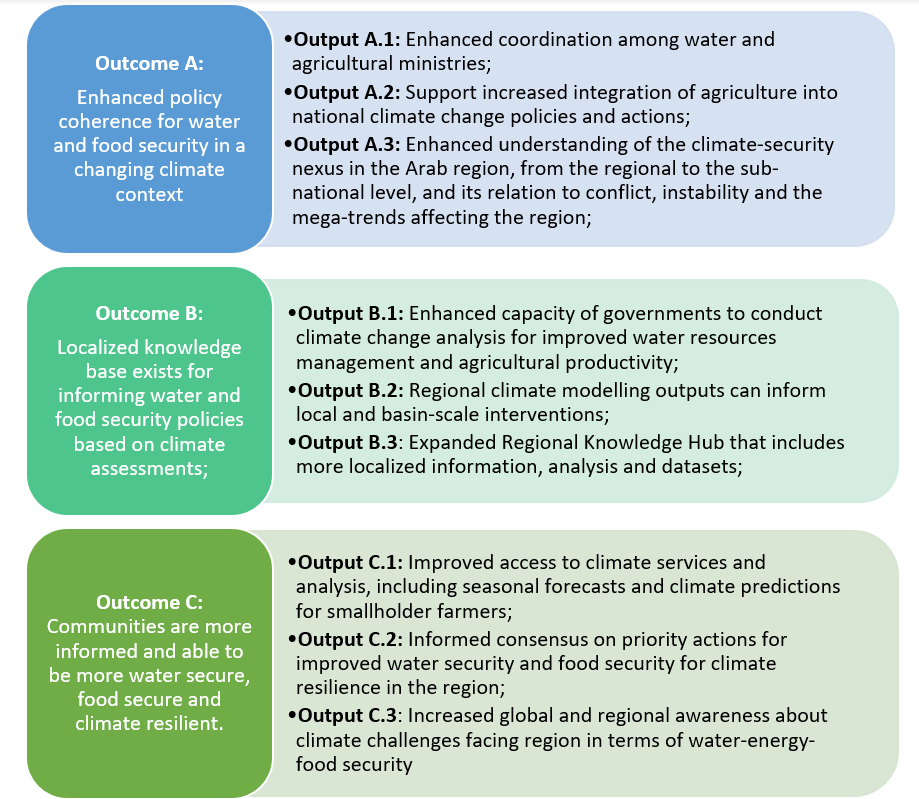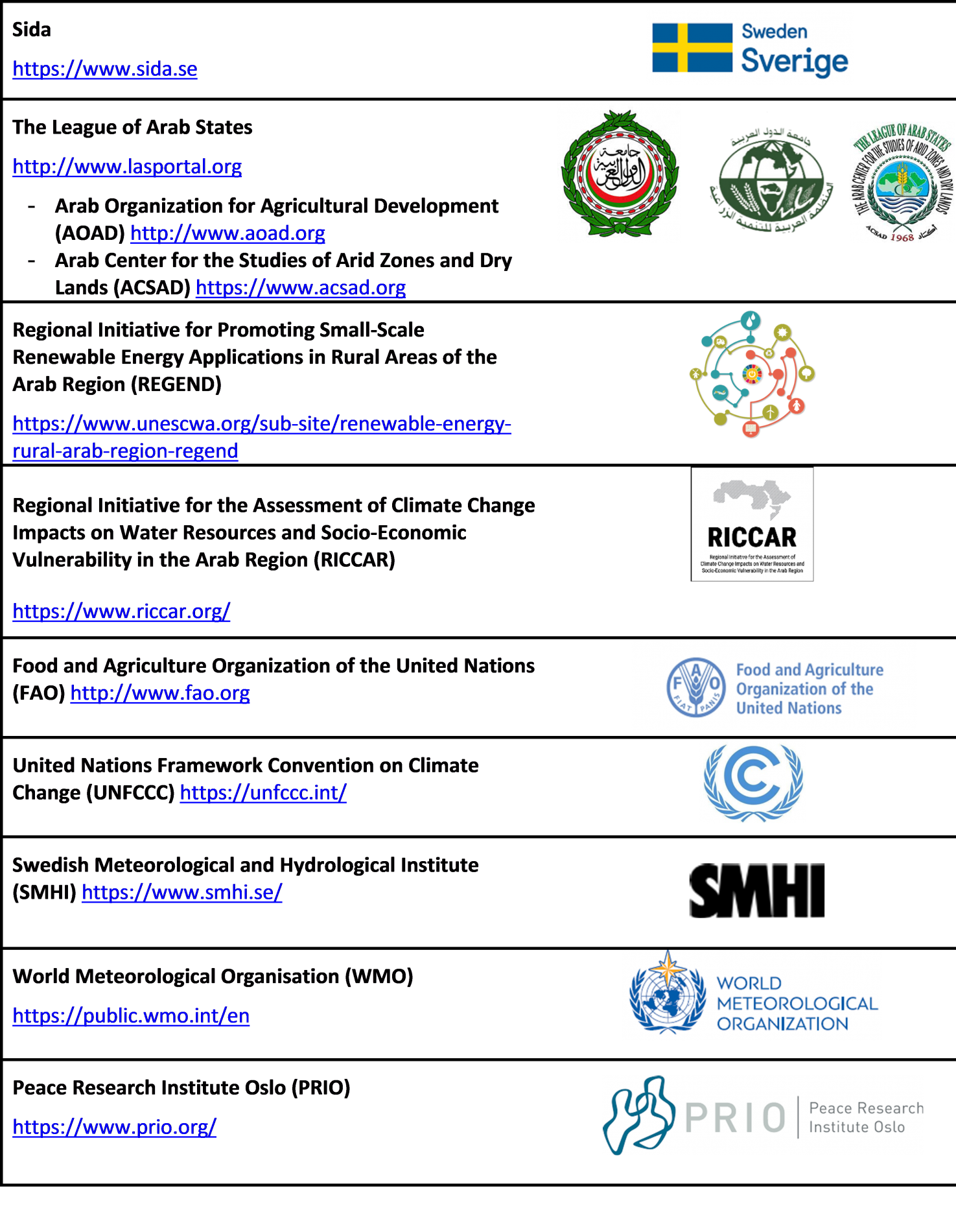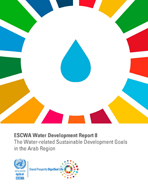Advancing Water and Food Security in a Climate Change Context
The Swedish International Development Cooperation Agency (SIDA) is supporting a two-year multi-institutional collaborative project. The implementation period of the project runs from 1 January 2020 through 31 December 2021.
The project is led by ESCWA which is responsible for coordinating and managing project implementation and reporting. ESCWA is also responsible of ensuring that the preparation and implementation of the project outputs are appropriately communicated to the regional initiative partners and associated regional mechanisms.
- OBJECTIVES
This Project aims to enhance water and food security under changing climate conditions by informing, advising and facilitating the engagement of national governments, local communities including women and youth in climate action. This will be pursued by enhancing policy coherence across the water and agricultural sectors through institutional mechanisms and the provision of informed policy guidance and risk analysis, expanding the local knowledge base though science-based assessments and analysis of climate impacts on strategic sectors, and empowering diverse communities through applied capacity building initiatives, pilot projects and policy forums to help the Arab region become more water secure, food secure and climate resilient.
In view of reaching its development goals, the project will achieve three immediate objectives in terms of outcomes. Project outcomes will be implemented as follow:

- PILLARS of work
Three pillars of work are identified:
- Public Policy Coherence;
- Greater coordination across water, agricultural and other ministries;
- Support increased integration of agriculture into national climate change policies and actions;
- Localized Knowledge Base;
- Expand Regional Knowledge Hub;
- Regional climate modelling outputs (10 Km) to inform local and basin-scale interventions;
- Enhance capacity of governments to conduct climate change analysis
- Public Engagement.
- Improve access to climate services and analysis;
- Increase global and regional awareness about climate challenges facing region in terms of water-energy-food security;
- Build consensus on priority actions for improved water security and food security for climate resilience in the region
C. OUTPUTS

- BENEFICIARIES
The primary beneficiaries of this regional project are the Governments of the 22 Arab countries that are members of the League of Arab States (LAS), limited to those supported under the Regional Strategy for Sweden’s Development Cooperation with the Middle East and North Africa (MENA).
Arab government officials from ministries and agencies responsible agriculture, water, environment, meteorology and planning will be primarily engaged in the project; as well as local communities, regional and research organizations.
- PARTNERSHIPS
The project is funded by SIDA and is being implemented in partnership with several organizations listed below. it will also continue coordination with the UNDP Regional Hub for Arab States and reported upon through inter-agency regional coordination mechanisms and fostered through bilateral communications to help ensure regional knowledge products build upon one another.:







